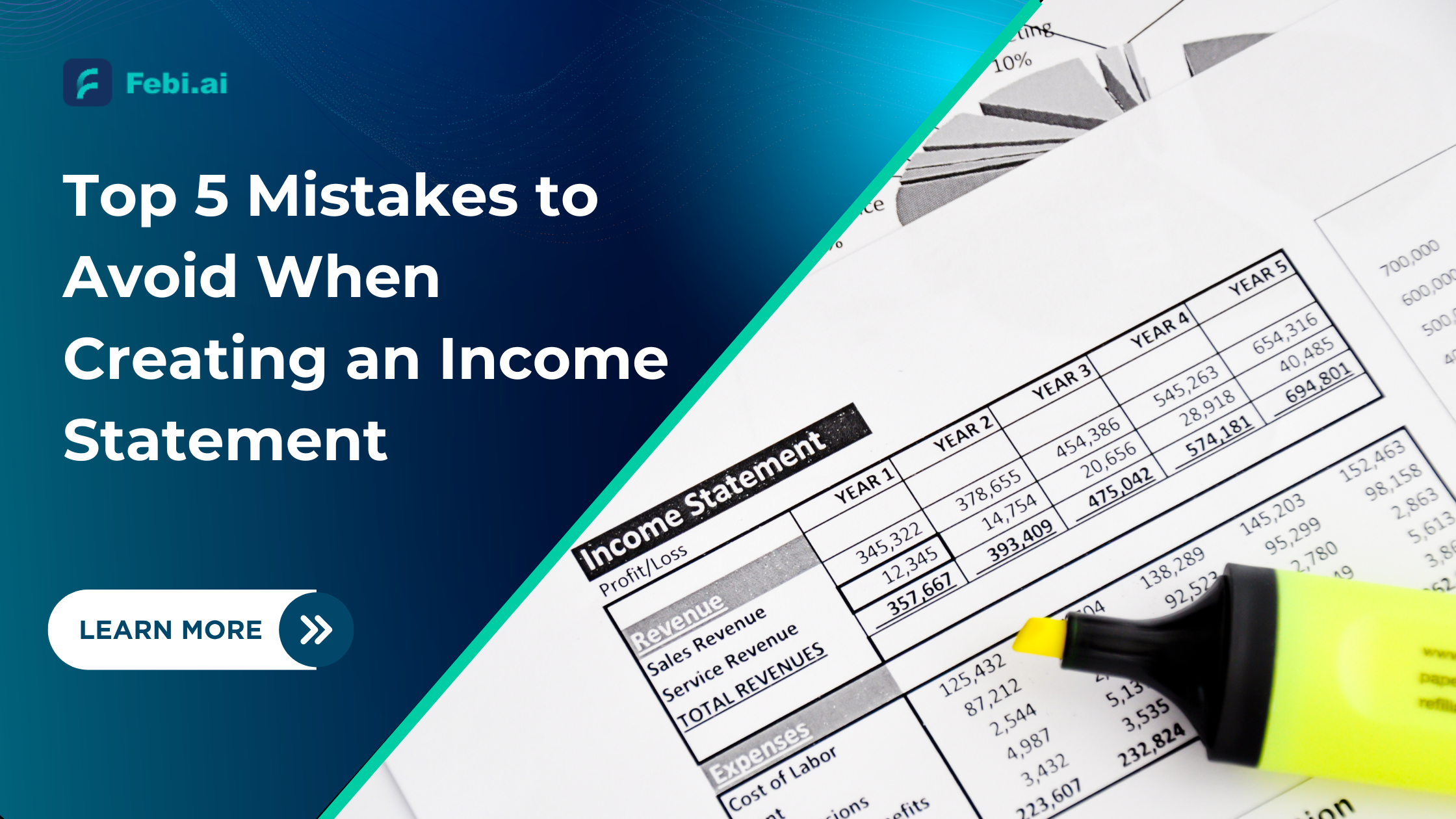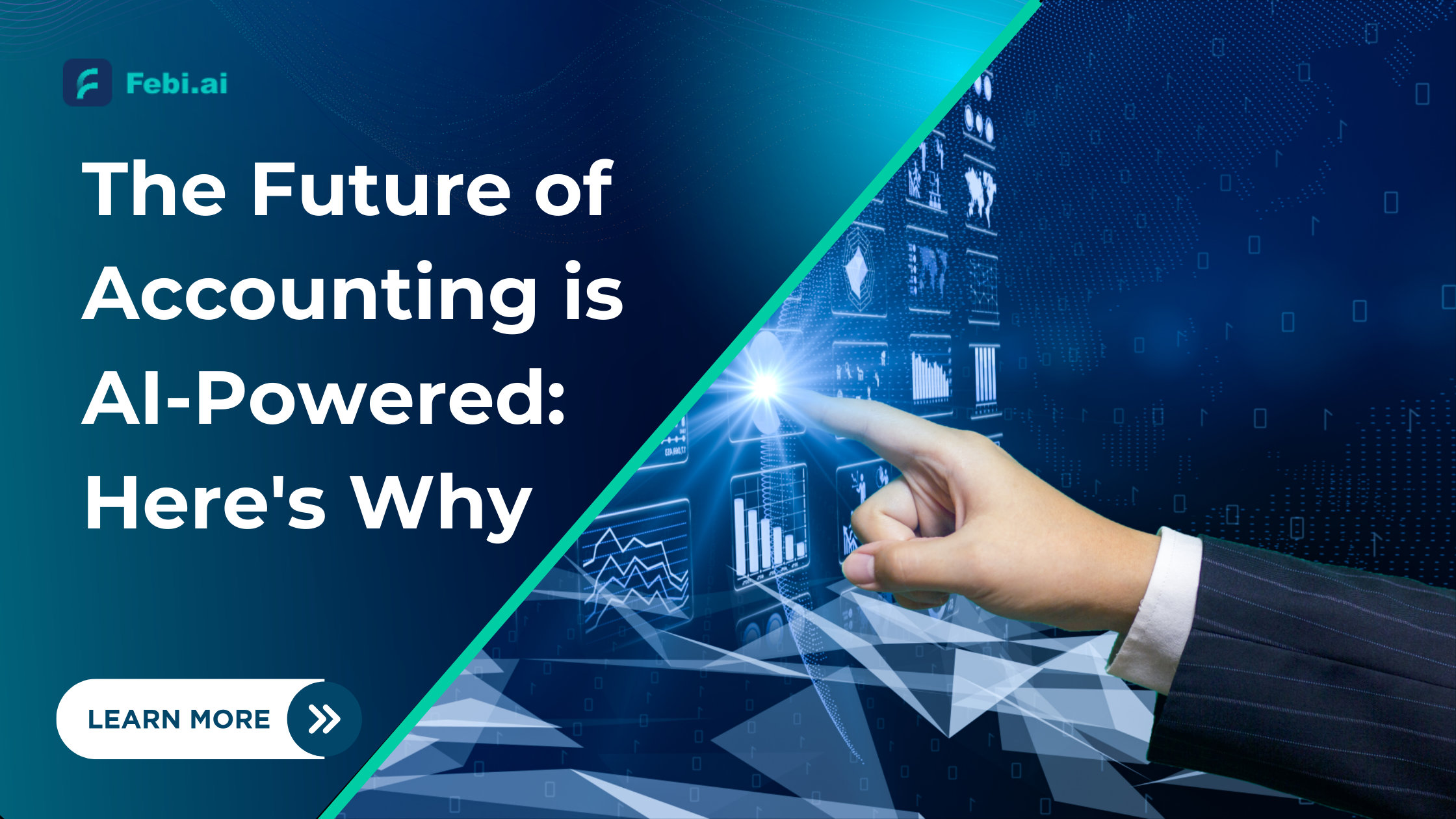 Tiered Link Strategy – Multiply Your SEO Impact Today!
Tiered Link Strategy – Multiply Your SEO Impact Today!
How AI Accounting Software Reduces Manual Data Entry by 80%
Written by Riya Aggarwal » Updated on: June 17th, 2025

In today's fast-paced business environment, the transformation of accounting processes through artificial intelligence has revolutionized how organizations handle their financial data. Modern AI-powered accounting software has demonstrated remarkable capabilities in reducing manual data entry by up to 80%, leading to unprecedented efficiency gains and accuracy improvements in financial operations.
The Traditional Data Entry Burden
Historically, accounting professionals spent countless hours manually inputting data from various sources – receipts, invoices, bank statements, and expense reports. This time-consuming process not only reduced productivity but also introduced numerous opportunities for human error. Studies showed that accounting staff typically devoted 50-60% of their workday to manual data entry tasks, significantly limiting their ability to focus on more strategic financial analysis and decision-making activities.
AI-Powered Solutions Transform Data Capture
The integration of AI technologies has fundamentally changed this landscape through several key innovations:
1. Intelligent Document Processing (IDP)
Modern AI accounting software employs advanced optical character recognition (OCR) combined with machine learning algorithms to automatically extract relevant information from documents. These systems can:
- Scan and digitize paper receipts and invoices instantly
- Recognize and categorize different document types automatically
- Extract key data points such as dates, amounts, vendor names, and account numbers
- Learn from corrections and improve accuracy over time
2. Natural Language Processing (NLP)
NLP capabilities enable software to understand and process written or printed text with remarkable accuracy:
- Interpret various document formats and layouts
- Handle multiple languages and currencies
- Understand context and identify relevant financial information
- Automatically categorize transactions based on description patterns
3. Automated Bank Feed Integration
Direct bank feed connections eliminate the need for manual bank statement entry:
- Automatically import and categorize transactions in real-time
- Match transactions with existing records and invoices
- Flag discrepancies and unusual patterns for review
- Maintain accurate cash flow records without manual intervention
Measurable Impact on Efficiency
The implementation of AI accounting software has delivered quantifiable benefits across organizations:
Time Savings
- Reduction in data entry time from 60 minutes to 12 minutes per 100 transactions
- Decrease in document processing time by 75-85%
- Automatic reconciliation of 90% of routine transactions
Error Reduction
- Decrease in data entry errors by 95%
- Elimination of duplicate entries
- Reduction in reconciliation discrepancies by 86%
Cost Benefits
- 70% reduction in processing costs per transaction
- 50% decrease in required accounting staff hours
- Significant reduction in audit preparation time and costs
Key Features Driving Efficiency Gains
Several specific features contribute to the dramatic reduction in manual data entry:
Smart Data Extraction
Advanced AI algorithms can extract data from various document types with minimal human intervention. The software recognizes patterns and formats, automatically populating relevant fields in the accounting system.
Intelligent Categorization
Machine learning capabilities enable the software to learn from historical data and user behavior, automatically categorizing transactions with increasing accuracy over time. This eliminates the need for manual transaction classification in most cases.
Automated Validation
Built-in validation rules and AI-powered accuracy checks ensure data quality without manual review. The system can:
- Flag potential errors or unusual entries
- Verify mathematical accuracy
- Check for duplicate entries
- Ensure compliance with accounting standards
Implementation Considerations
While the benefits are clear, organizations should consider several factors when implementing AI accounting software:
Staff Training
Although the software reduces manual work, staff need training to:
- Understand system capabilities and limitations
- Learn how to review and validate AI-processed data
- Develop skills for handling exceptions and complex cases
Process Integration
Successful implementation requires:
- Clear documentation of existing workflows
- Identification of integration points with other systems
- Development of new procedures for handling exceptions
- Regular review and optimization of AI-driven processes
Future Outlook
The evolution of AI accounting software continues to advance, with emerging capabilities including:
- Predictive analytics for financial forecasting
- Advanced fraud detection algorithms
- Real-time financial reporting and analysis
- Enhanced automation of complex accounting procedures
Conclusion
The 80% reduction in manual data entry achieved through AI accounting software represents a significant breakthrough in financial operations efficiency. Organizations implementing these solutions not only save time and resources but also benefit from improved accuracy and better financial insights. As AI technology continues to evolve, we can expect even greater automation capabilities, further transforming the role of accounting professionals from data processors to strategic financial advisors.
Note: IndiBlogHub features both user-submitted and editorial content. We do not verify third-party contributions. Read our Disclaimer and Privacy Policyfor details.
Copyright © 2019-2025 IndiBlogHub.com. All rights reserved. Hosted on DigitalOcean for fast, reliable performance.
















